For International Inquiries, please send an email to care@centreforhearing.org .
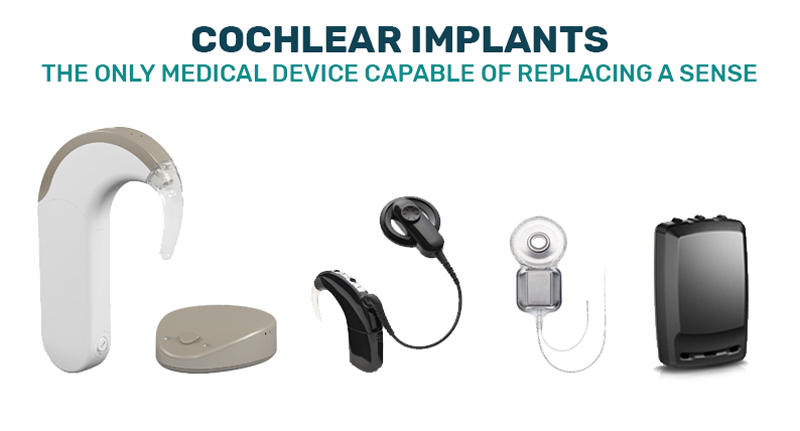
About Cochlear Implants
If there’s anything that can mimic the natural hearing function of the inner ear, it is cochlear implants!
Cochlear implant is a surgically implanted electronic device which aims to replace the function of a damaged inner ear. Unlike hearing aids, which primarily work by amplifying the sounds for people with reduced hearing capabilities; a cochlear implant provides a sense of sound by directly stimulating the auditory nerve. It completely bypasses the dysfunctional normal hearing mechanism and stimulates the auditory nerve directly.
Cochlear implants are best adviced for people with profound hearing loss as they will create a sensation of sound by bypassing the damaged inner ear.
Parts of a Cochlear Implant
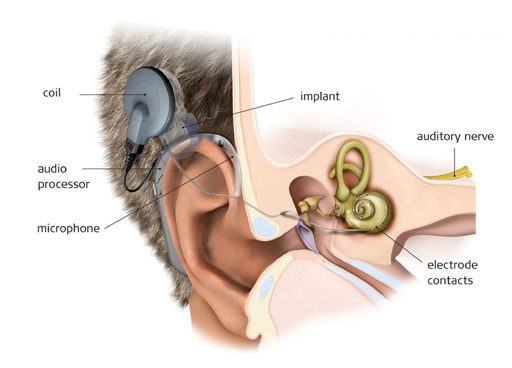
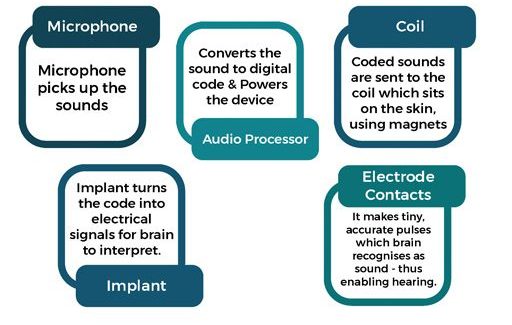
‘Implanting’ the cochlear implant involves a surgical procedure and should only be performed by experienced surgeons. Also, the health and general well-being of the candidate undergoing the cochlear implants matters. Let us understand that further.
Candidacy For Cochlear Implants:
Cochlear Implants are used worldwide for both children and adults. While it is not possible to predict exact benefits for each cochlear implant user, the following guidelines may be helpful:
- Older children and adults with previous speech and language development generally perform better with a cochlear implant
- A long period of profound hearing loss may limit the benefits of a cochlear implant
Post-Lingual Adults (Adults with previous speech & language development)
- Individuals 18 years of age or older
- Moderate to profound sensorineural hearing loss in both ears
- Limited benefit from amplification (hearing aids) defined by preoperative test scores of ≤ 50% sentence recognition in the ear to be implanted and ≤60% in the opposite ear or binaurally
Children
- Implantation at a young age is highly recommended because hearing is important for language development and because research has shown better outcomes for children implanted at an early age
- Children can be implanted as soon as 6 months of age
- Profound sensori-neural hearing loss
- Limited benefit from binaural amplification (hearing aids)
5 Critical Elements For Successful Cochlear Implants:

Before a decision is made for a candidate to undergo a cochlear implant procedure, various tests need to be conducted, such as: Audiology (Entire Battery of Tests), CT Scan / MRI, Psychological Evaluation & Blood Tests.
These evaluations are critical to confirm candidacy of the individual. It is because in certain cases cochlear implants may not be needed, or may not work. Such as:
- Hearing loss could be satisfied with good quality hearing aids – always the preference
- De-formed cochlea
- Absent or thin auditory nerve
- Psychological disorders
- Autistic or hyper-active children and their ability to handle the processor
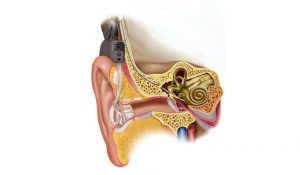
For the surgery to be a success, it is important to identify a skilled and experienced surgeon.
The surgery itself is performed under General Anesthesia. Further, the Neural Response Telemetry (NRT) is performed during the surgery, which directly record neural responses.
Information from NRT gives the audiologist or surgeon confirmation that the cochlear implant is effectively stimulating the hearing nerve fibres in the inner ear and all conveniently measured within minutes.
The surgery usually requires 1 night stay in the hospital and the sutures opened after 1-2 weeks.
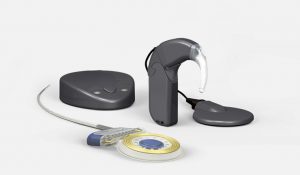
This is when the external speech processor is programmed.
Cochlear Implant is programmed for the child’s requirement is performed for the first time
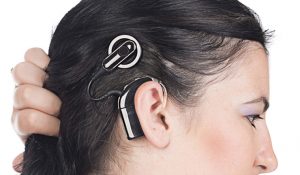
Similar to hearing aids, cochlear implants need to be re-programmed from time to time to arrive at the ideal settings. This process is known as ‘mapping’.
An optimized map provides the right information to the electrodes to further send the signal to the auditory nerve.

Similar to hearing aids, cochlear implants need to be re-programmed from time to time to arrive at the ideal settings. This process is known as ‘mapping’.
An optimized map provides the right information to the electrodes to further send the signal to the auditory nerve.
BRANDS WE WORK WITH



You can WhatsApp us your Reports or Speak to us on (+91) 9811227269
Also, for more details on understanding Cochlear Implants, we recommend you read this.
